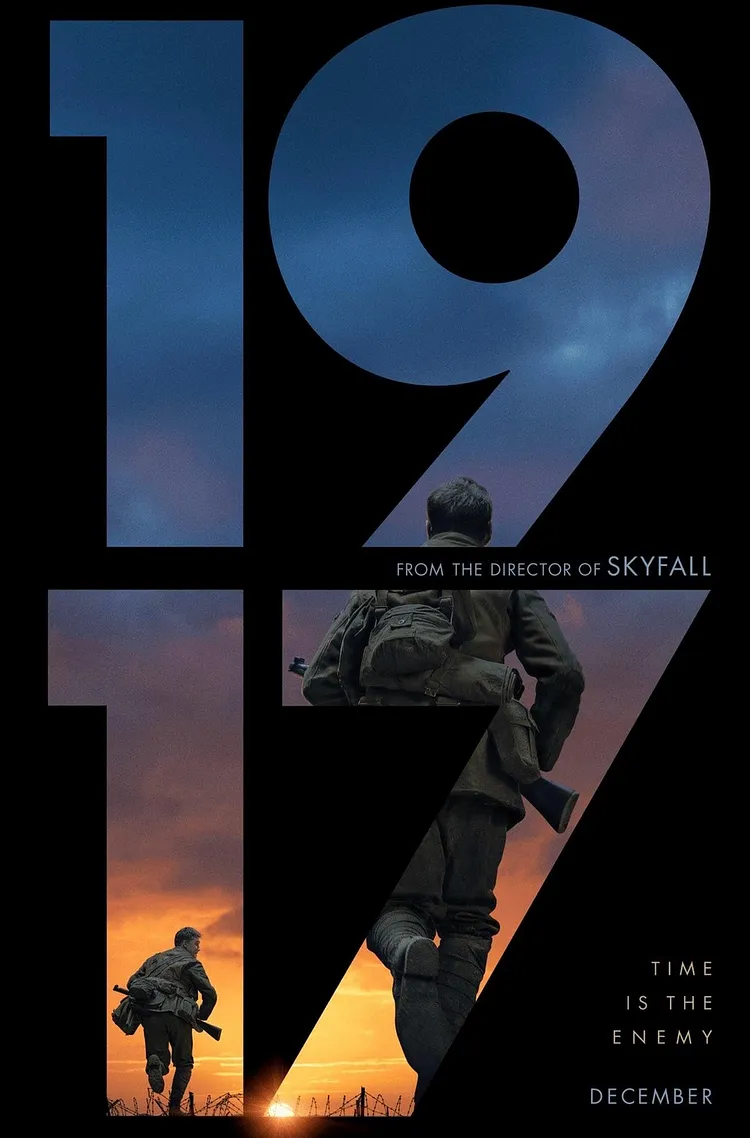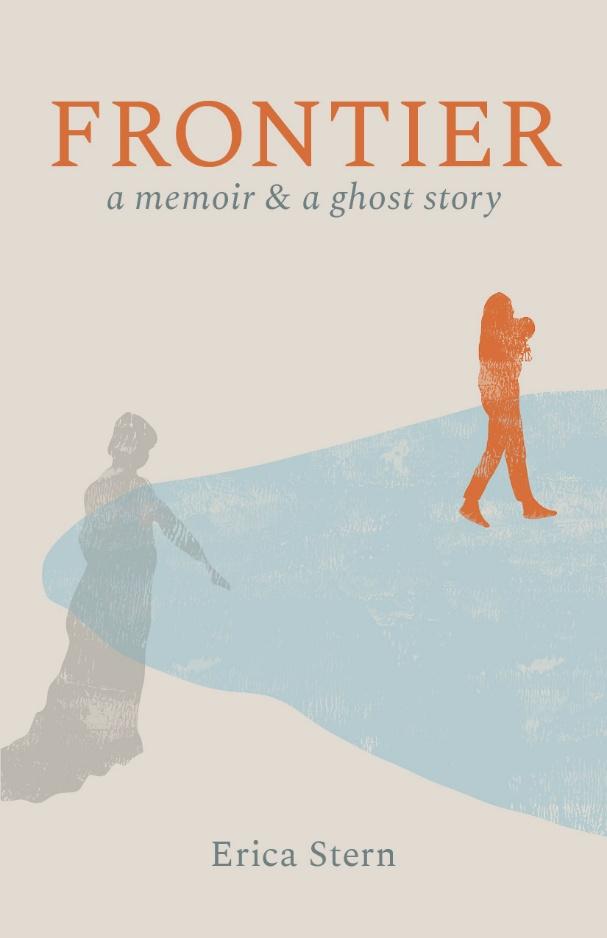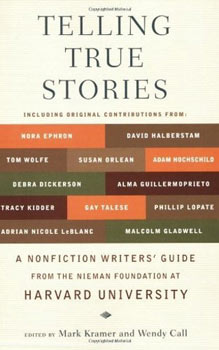
How I Uncovered a Hidden Scam Threatening an Author’s $18K—and What You Need to Know Now
Ever wonder how an $18,000 “movie deal” could vanish faster than your morning coffee? Well,…
Unlocking Insider Secrets: What the Publishing Gatekeepers Revealed After 8 Intense Hours of Training
Ever wonder how your favorite books actually make it onto those glossy shelves, or what…
Unveiling the Hidden Power of Care: A Poetic Journey by G. S. Katz
Ever wonder how a simple verse can wrap around you like a cozy scarf on…
Unlock the Secrets Behind Captivating Stories: Master the Essential Building Blocks of Fiction Writing!
Ever wondered what truly makes a story stick in your mind like that catchy tune…
Unveiling the Silent Struggle: G. S. Katz’s Poetic Journey Through Isolation
Ever found yourself lurking on the edges—neither fully in nor completely out—grappling with the fine…
Unlocking the Secret Code: How LLM Seeding Could Make Your Work Unstoppably Popular with AI Models
Ever wondered why your website traffic is taking a mysterious nosedive, even though you’re still…
Unlock Hidden Stories: Rebecca Danzenbaker Reveals the Secret to Writing That Captivates Instantly
Ever wonder what it feels like when life’s usual script gets flipped upside down—and suddenly,…
Unlocking the Secrets Within: Navigating the Enigmatic Hall of Mirrors in Your Memoir
Ever wondered what it truly means to dive into your past and come face-to-face with…
Unveiling Hidden Details: A Scene-by-Scene Dissection of "Crazy Rich Asians" That Will Change How You See the Film
Ever wondered what it truly means to “break down a screenplay”—not just by scene, but…
Unveiling Hidden Truths: The Provocative Confession in G. S. Katz’s Poem
Ever wonder what it’s like to reveal a secret passion after over two decades of…






































